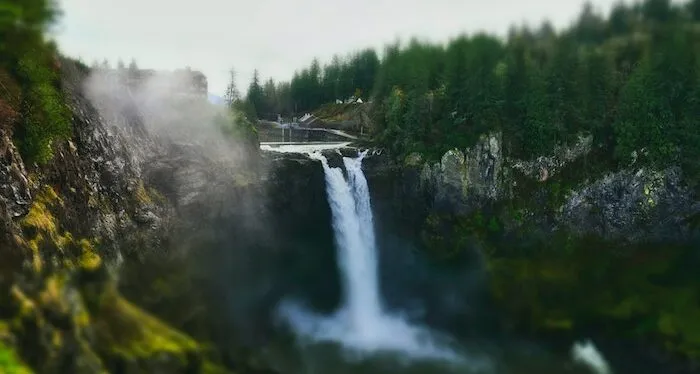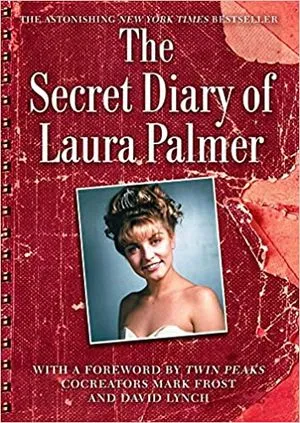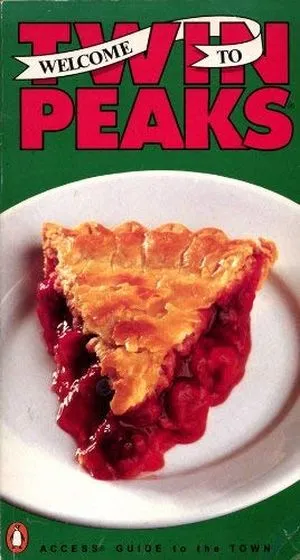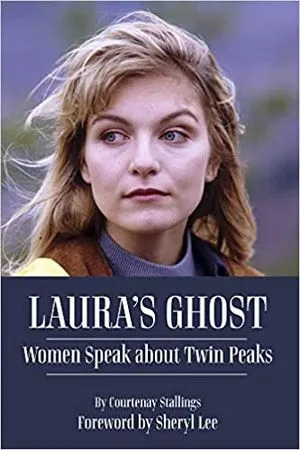
Damn Fine Coffee: 7 Books About TWIN PEAKS
The entire internet (well, some of us at least) suffered a day of bated breath at the start of February, when David Lynch said he had an announcement to make. His announcement turned out to be hilarious, but my secret hopes of more Twin Peaks were dashed.
I can’t be the only one who sat down to do the Twin Peaks re-watch in the last year of reduced social time. With museums and galleries closed, it was a good time to revisit stuff I hadn’t read or watched in years and I made the most of it — but returning to Twin Peaks was the most fun of all. I hadn’t seen the series in more than 15 years and it all came rushing back.
Twin Peaks first aired in April 1990, and gained a devoted cult following globally. With more than 30 years under its belt, looking back on its institutional flaws is also necessary. The series cut new ground in the horror and mystery genres, but it suffered from a similar lack of diversity as many other much-lauded titles. The writing which has emerged from Twin Peaks similarly lacks diverse voices, with magazines and books mostly written by white men. With the airing of Twin Peaks: The Return in 2017, women’s voices in particular have gained ground in conversations about the show.
With February 23 marking the date when Laura Palmer was last seen alive, let’s take a look at the paper world of Twin Peaks: the books and magazines that expand Lynch’s creation beyond the screen.
The Secret Diary of Laura Palmer by Jennifer Lynch
An unsettling secret diary which is referenced in the show, I read Laura Palmer’s diary when I was 12 years old. It was horrifying, this book I read when I was too young to read it, but it’s stuck with me for years and adds so much to Laura’s character. At the time, I hadn’t seen the show for so it was a meld of confusion and uncertainty (Lynch would approve).
“Diane…” The Twin Peaks Tapes of Agent Cooper by Scott Frost
I listened to this on Audible just a few months ago. It’s less than an hour, but the dulcet tones of Agent Cooper recording his thoughts to Diane are a boon, a mix of humour and horror in a mash up of old and new snippets.
The Autobiography of FBI Special Agent Dale Cooper: My Life, My Tapes by Scott Frost
This book features a lot of background about Dale Cooper in the form of snippets from his tapes, following him from childhood until the day he enters the Twin Peaks tale. Cooper’s back story from the show is tied in with the snippets — keen fans will spot continuity errors!
Welcome to Twin Peaks: An Access Guide to the Town by David Lynch, Mark Frost, Richard Saul Wurman
Dating from 1991, this one is a sort of annual of ephemera and peripheral info tied to the town of Twin Peaks, from the infamous cherry pie recipe to menus, photos, drawings, and maps. Because it’s 30 years old now, there’s a certain vintage tone to this, if you can easily get your hands on a copy.
The Secret History of Twin Peaks by Mark Frost
An epistolary novel published before The Return was released, this book is a series of documents presented in chronological order (ish), shining fresh light on the town of Twin Peaks, its history with the Lewis and Clark expedition, the movement of the Nez Perce people from the area, and the foundation of the town itself. This is a fascinating look inside the story’s depths.
Twin Peaks: The Final Dossier by Mark Frost
A second dossier-style novel released after The Return, this one takes the form of FBI reports written following the events of the entire series, giving some previously unknown conclusions and maintaining a mysterious mix of humour and horror. Both of these books by Frost are beautiful artefacts in their own right, and I love them being on my shelf.
Laura’s Ghost: Women Speak about Twin Peaks by Courtenay Stallings
In 2020, inspired by Roxane Gay, Courtenay Stallings set out to talk to women about the impact Laura Palmer had on their lives, including women from the production, fans and critics. The book considers the female experience specifically, and features in depth discussions about the series’ distressing sexual abuse plot points, with Stallings noting that she didn’t seek stories of trauma, but that many fans shared these stories nonetheless. This is where I hope the future of Twin Peaks discourse heads, drawing on diverse and real voices to consider it in a new light.











